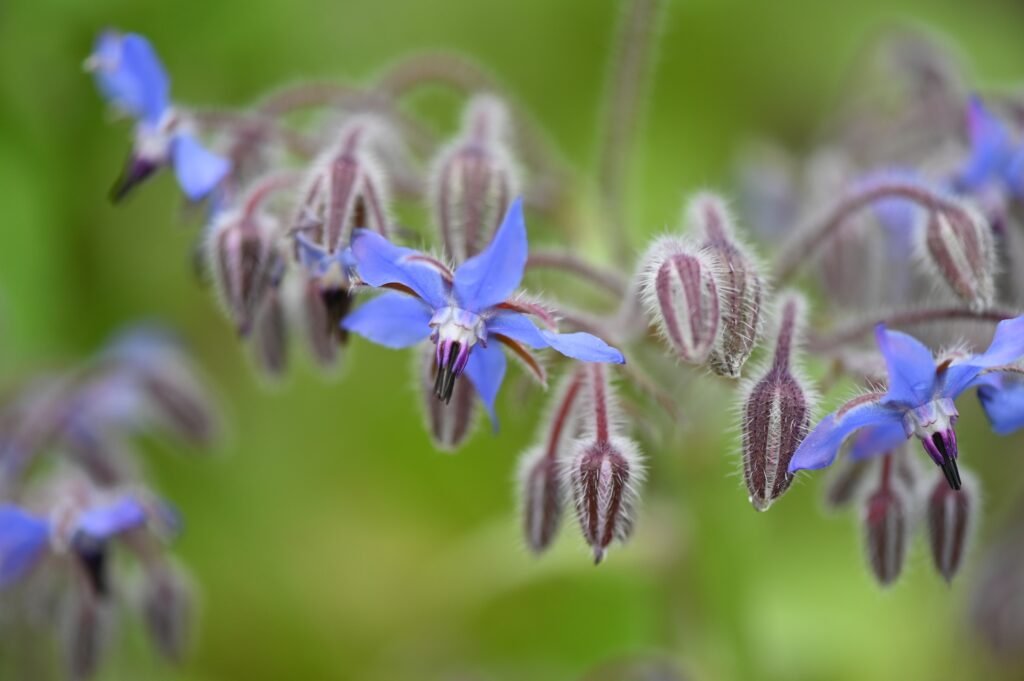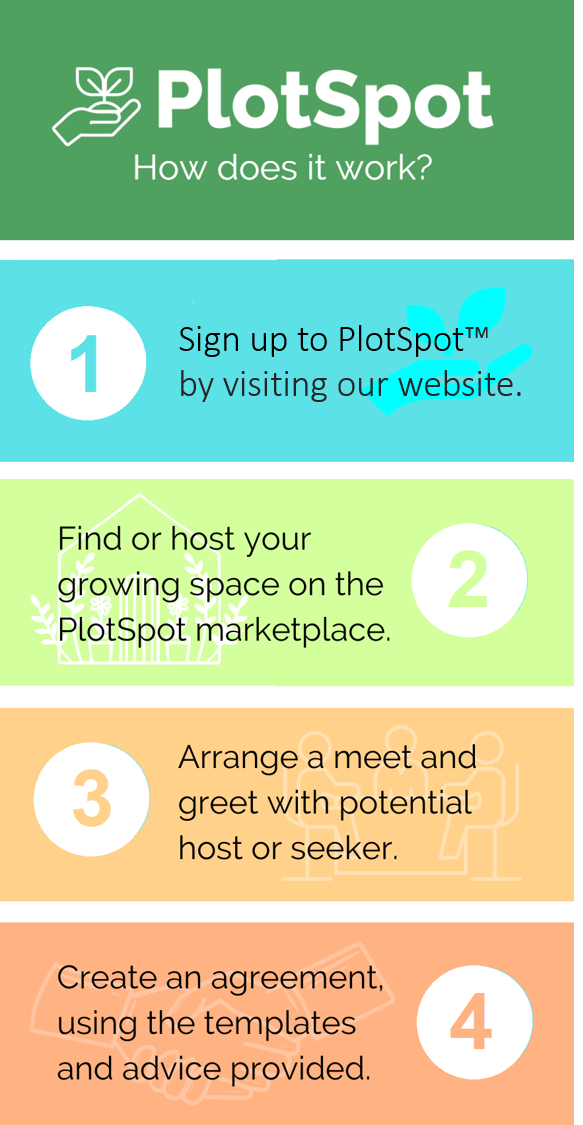
PlotSpot™ is a place for those seeking growing space to connect with people sharing theirs. If you wish to host, please ensure you meet the criteria below:
As a seeker, you will able to search for suitable growing space and contact hosts to arrange a meet and greet.
As a host, you will be able to create listings and communicate with other members to find help your plots.
Once a match is made, seekers and hosts will enter their own agreement using the guidance and templates provided in their welcome email.
There are no hidden costs or commission fees. You remain in the driving seat at all times.
For more information about this service, visit our Terms of Service.
You need to own the premises or have written permission from the landlord/owner if you wish to list your plot on PlotSpot.
Not at all – you don’t even need a lawn! So long as you have a suitable area for plant pots, growing bags or a herb garden, someone out there will be thankful for your space!
If somebody requires assistance with their plot but isn’t able to create a listing, you are welcome to do so on their behalf.
Important: you will be responsible for completing eligibility and safeguarding checks on behalf of the host. For more details, please read our Terms of Service.
Most standard home insurance policies include some level of cover for your garden, but it’s important to check.
Accidents happen! If you are worried about damage to your garden, tools or property you should arrange suitable cover.
For more details, please read our Terms of Service.
Unfortunately, you cannot list allotments owned by local authorities as they are governed by their own regulations. Registered Allotments will be removed from PlotSpot.
If you own an allotment and wish to connect, you are still welcome to join our community. Here you will meet other like-minds and can share your growing content on our platforms.
If you are concerned about any of the listings featured on this site, please contact us and we will investigate
You must be at least 18 years old to sign up to PlotSpot and use our services. However, we welcome growers of all ages into our community! For more information, visit our FAQ.
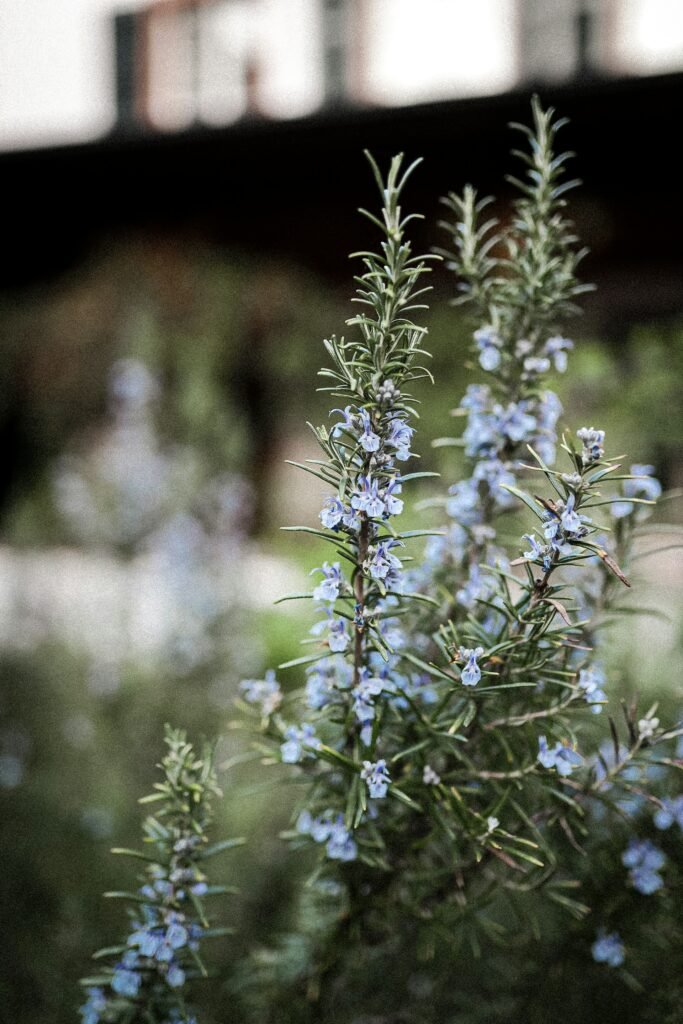

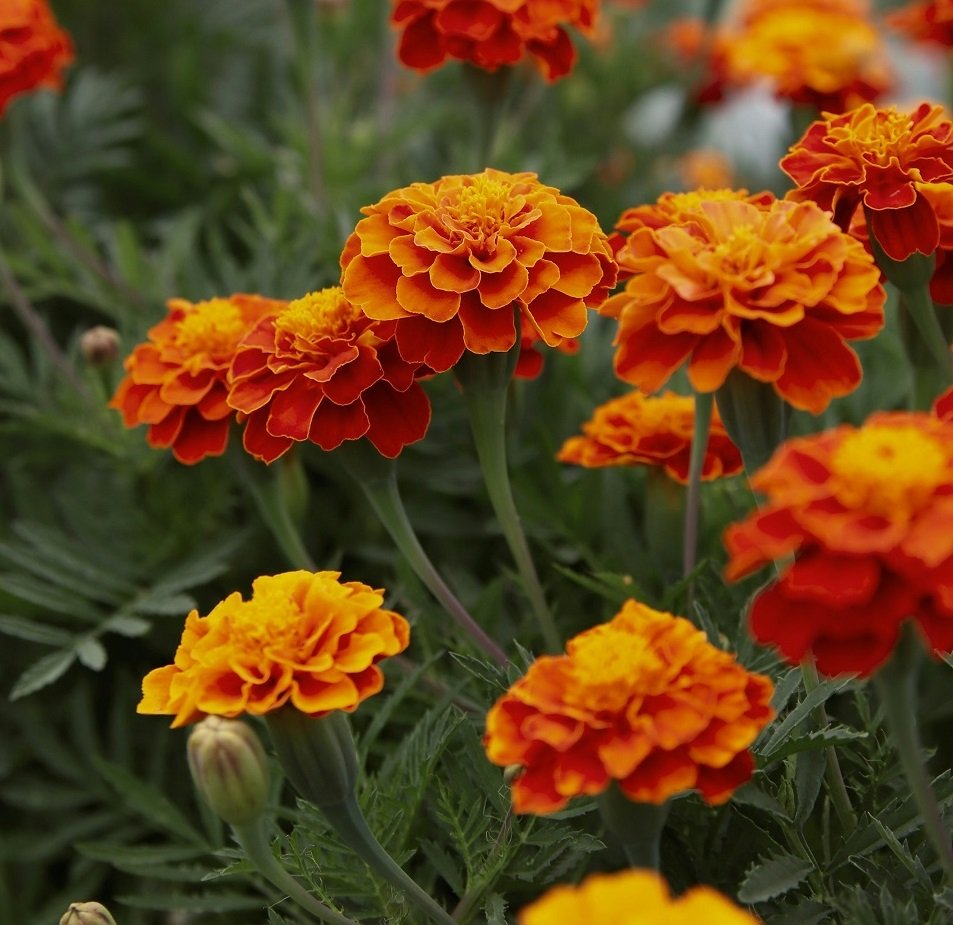
Some studies suggest that consuming lavender as a tea can help digestive issues such as vomiting, nausea, intestinal gas, upset stomach, and abdominal swelling.
In addition to helping with digestive problems, lavender is used to help relieve pain from headaches, sprains, toothaches, and sores. It can also be used to prevent hair loss.
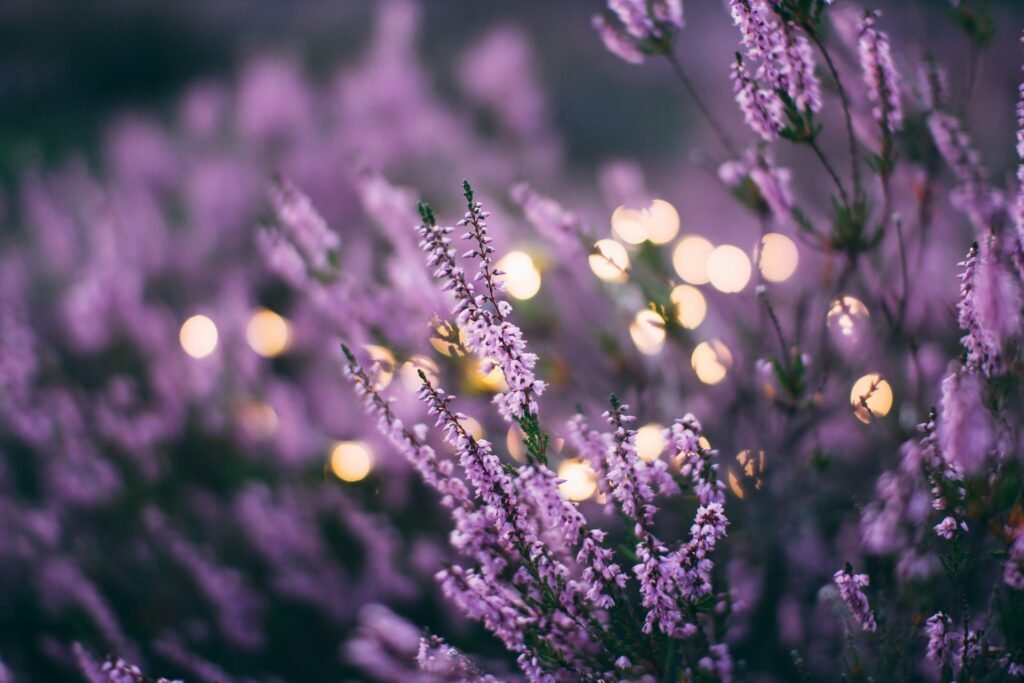
Not only can the leaves, roots, and flowers add color to your plate, but they’re also often found in herbal teas and supplements.
They can be used as a natural remedy to support blood sugar management and boost skin, liver, and heart health. You'll never look at dandelions the same again!
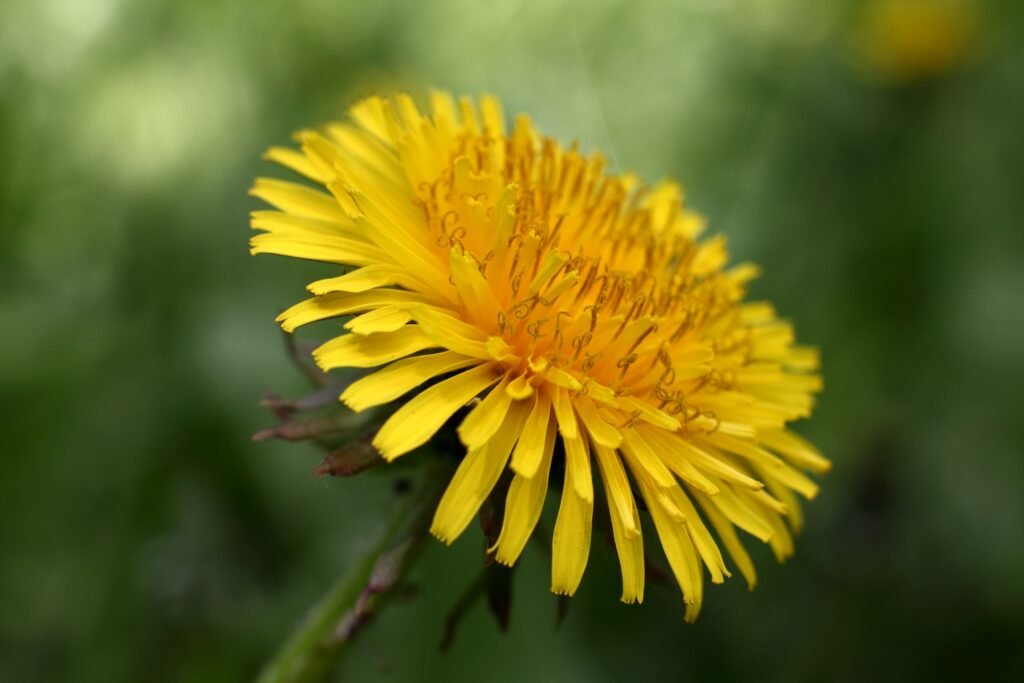
Chamomile can be taken internally as tea for minor digestive problems. It can be used as an aromatic, anti-inflammatory, antispasmodic, carminative (digestive aid), and de-stressing nervine.
Externally it has been used in hair wash, hair dyes, and for sore skin or eczema. Chamomile is probably the most well-known plant used as a nervine tonic, helping to relieve stress and tension.
One recent study confirmed it’s safe for long-term use and that it also shows potential in anticancer treatments.
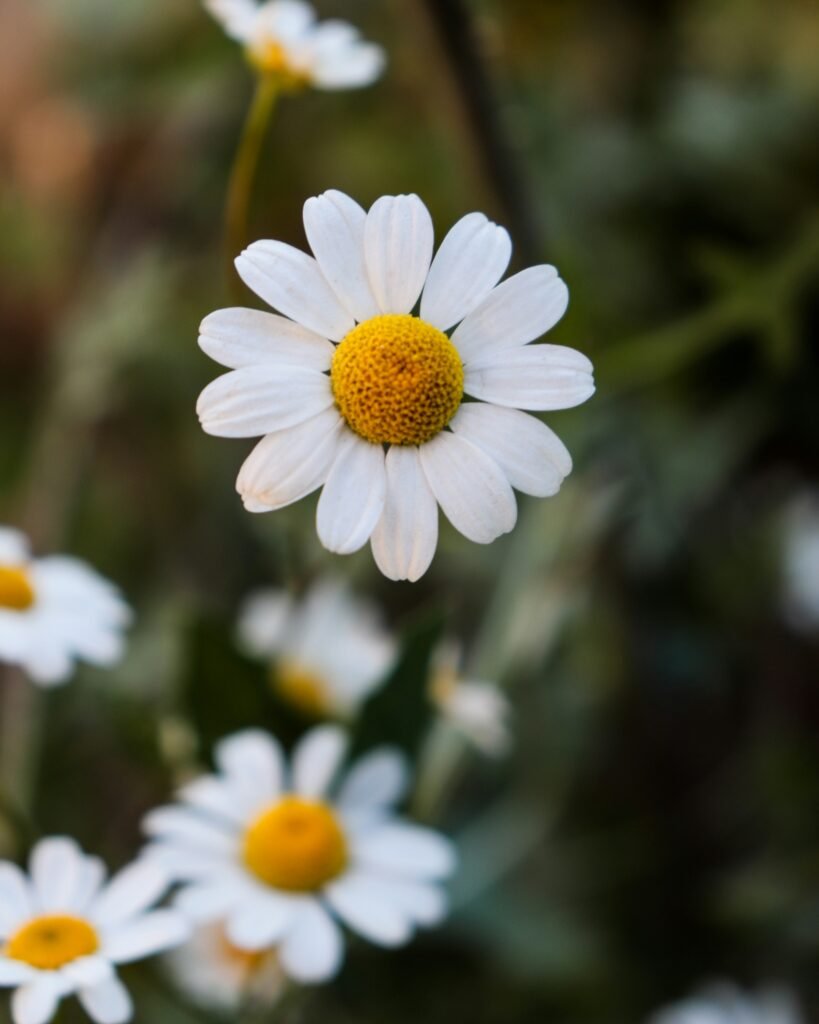
Studies suggest that it may reduce inflammation, hay fever symptoms, blood pressure, and blood sugar levels, among other benefits.
While fresh stinging nettle may cause irritation, cooked, dried, or freeze-dried stinging nettle is generally safe to consume.
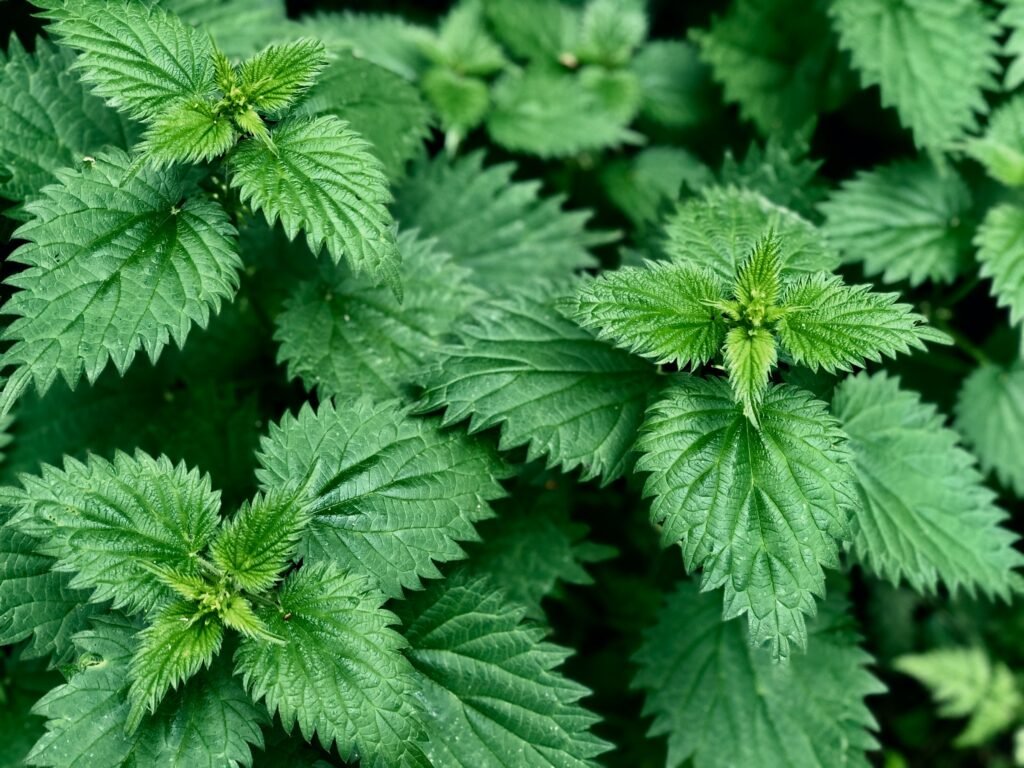
It is associated with several health benefits: reducing inflammation, improving skin health, decreasing symptoms of asthma, bone strengthening, treatment of bronchitis, and many more.
